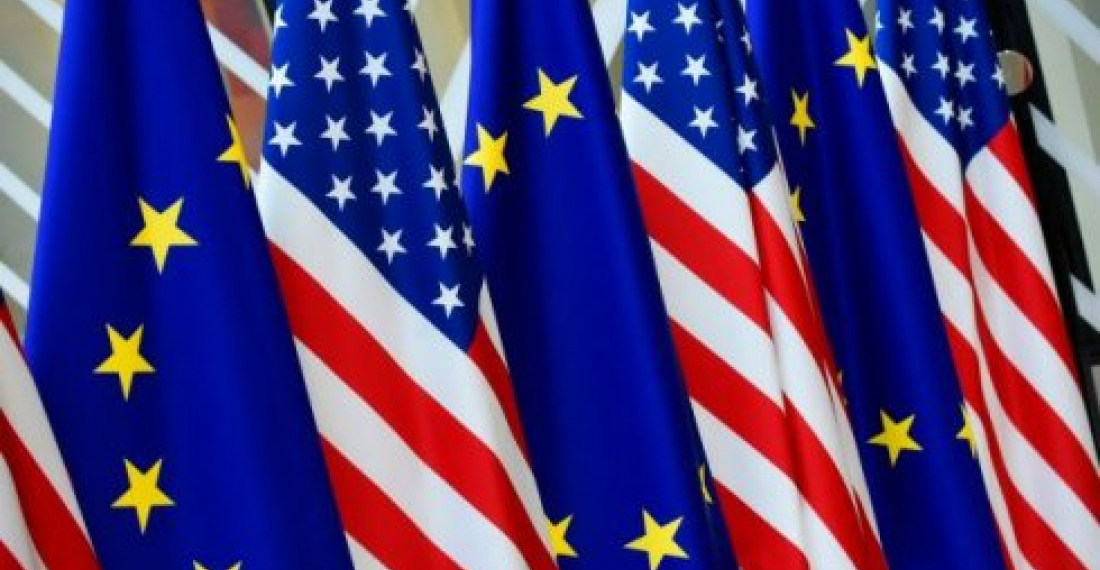The European Union and the United States have called for dialogue between government and opposition in Georgia following a day of street protests in Tbilisi on Sunday (17 November) and the opposition's move to blockade all entrances to the building of the parliament.
A joint statement, issued on Sunday night by the European Union Delegation and the United States Embassy appealed to all sides to act in the country's best interest. The statement says:
"The Delegation of the European Union to Georgia and the Embassy of the United States of America recognize the deep disappointment of a wide segment of Georgian society at the failure of Parliament to pass the constitutional amendments required to move to fully proportional parliamentary elections in 2020. The decision taken last summer to accelerate the transition to proportional elections was understood as an important step forward in Georgia's democracy, and there was political consensus behind it and a joint commitment from all sides to work towards this end. The unexpected halting of this process last Thursday has increased mistrust and heightened tensions between the ruling party and other political parties and civil society.
In view of the current situation, we consider it essential to immediately work to restore trust through a calm and respectful dialogue between the government and all political parties and civil society with a view to finding an acceptable path forward.
We fully support the right to peaceful assembly and freedom of expression. We call on all parties exercising this right to do so in a lawful manner and within the framework of the Constitution.
We encourage all sides to act in the country's best interest."
source: commonspace.eu






